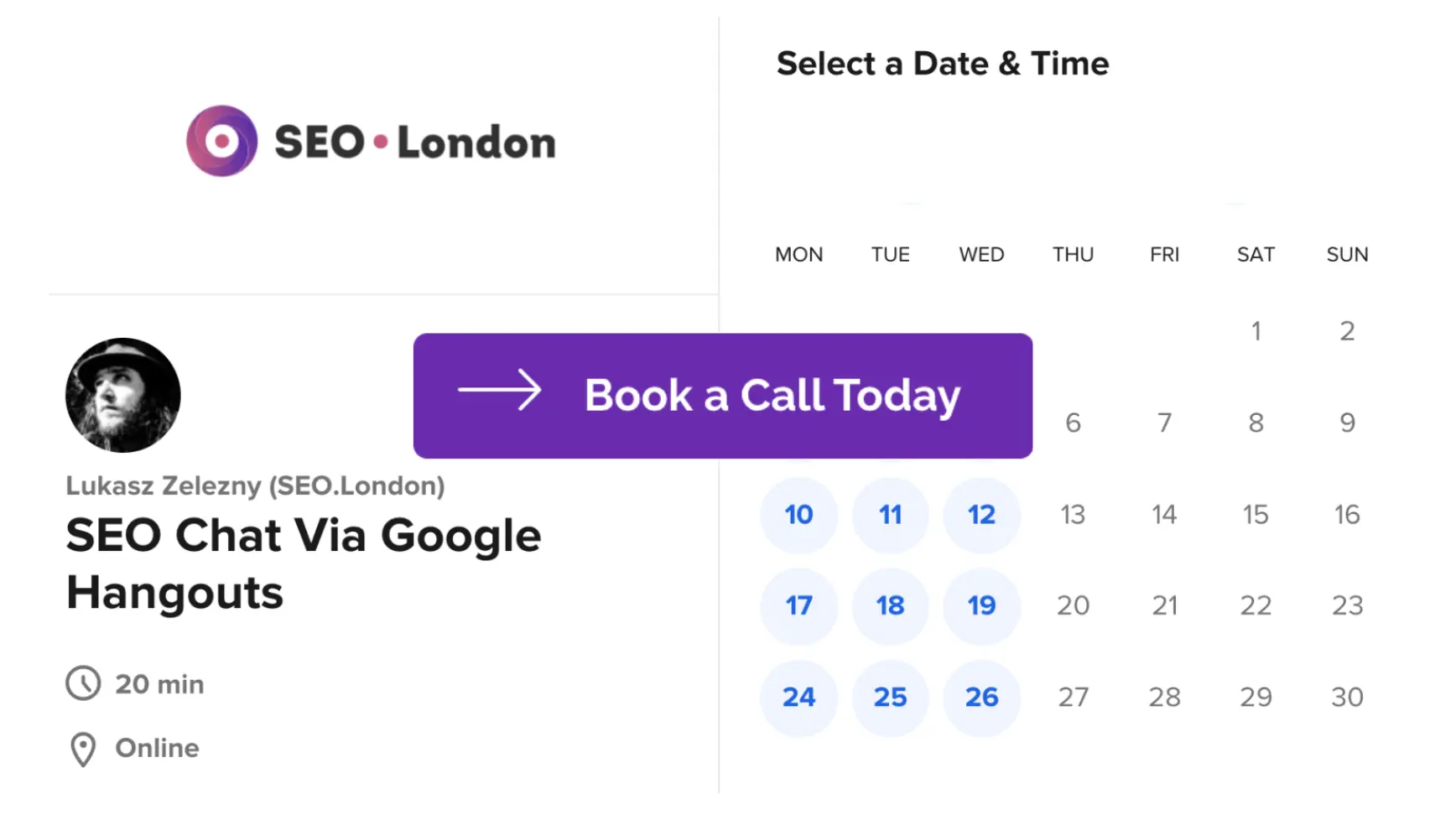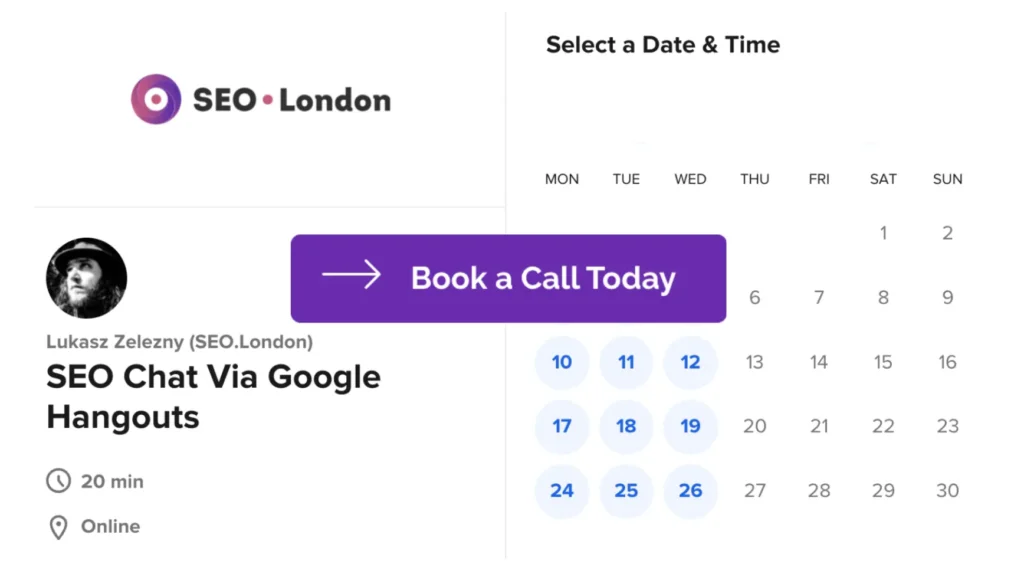In this day and age where online privacy is more important than ever, finding the best search engine for privacy can be a wild goose chase. With many search engines not connected to Google now available, you need to choose one that fits your needs for safe and private browsing. This guide will help you explore those alternatives, looking at the features that make them stand out best alternative search engines for privacy and data protection. Whether you’re worried about tracking, data sharing or just want to browse with peace of mind, this will give you practical tips and options. Join us as we go into the world of privacy focused search engines so you can make informed decisions about your online self.
What is Privacy in Search Engines
Why Privacy Matters
In this digital age, privacy in browsing is a big deal. With so much personal data online, users are getting more aware of how their data is being collected and used. When you use search engines, your queries can reveal a lot about you, from your interests to your location. Search engines not connected to Google often emphasize privacy so they can protect user data from third-party access and tracking. This is key to keeping your personal data from advertisers and data breaches. By choosing the best search engine for privacy, you control who sees your data and how it’s used. You can browse the internet without being watched or having your data sold. Understanding why privacy matters helps you make informed decisions about search terms so you can have a safe online experience.
Increase your online presence with Lukasz Zelezny, an SEO Consultant with over 20 years experience — schedule a meeting now.

How Search Engines Get Your Data
Search engines collect data through various means to improve user experience and serve targeted ads. When you search, these engines gather your IP address, search queries and browsing history. This data is stored in cookies and server logs so the search engine can build a profile of your online behaviour. Search engines connected to ad networks may also track clicks on ads to refine their algorithms and ad placement. While this data collection and targeted advertising can be useful, it’s often at the expense of privacy. Search engines not connected to Google may limit or eliminate these practices and focus on user confidentiality. Understanding how search engines get your data is key to choosing the best search engine for privacy. By knowing these practices you can better navigate the digital world and choose platforms that put your personal security and data protection first.
Privacy vs Convenience
The balance between privacy and convenience is a big consideration when choosing a search engine. Mainstream search engines offer highly personalized results and seamless integration with other services, often at the expense of personal data privacy. They collect a lot of data to tailor web search, results and ads for a better user experience. But this convenience comes at a big privacy cost. Search engines not connected to Google prioritize user privacy, often at the cost of some features. These privacy focused search engines may not offer the same level of personalization but give you peace of mind by collecting minimal data and tracking. Understanding this trade off is key to choosing the best search engine for privacy. It’s about weighing personalized results against confidentiality. Ultimately it’s about how much you value privacy over convenience and how much you’re willing to sacrifice some conveniences to protect your personal data.
Best Search Engine for Privacy
What to Look For
When choosing the best search engine for privacy, look for these features:
- Search engines that don’t track user activity or store personal data so your search history and personal data is confidential
- Encrypted connections to protect your data from being intercepted during transmission
- Search engines not connected to Google offer transparency on how they handle data with clear privacy policies and user controls on data sharing
- Anonymous browsing so your IP address is not recorded
- Search engines that integrate with secure browsing tools like VPNs to add an extra layer of security By looking for these features you can choose a search engine that fits your privacy needs and have peace of mind while browsing the internet.
Top Privacy Focused Engines
Several search engines have emerged as leaders in privacy, offering alternatives to those who value privacy over personalization. DuckDuckGo is one of the most well known, doesn’t track user searches or store personal data. It gives you straight forward search results without the filter bubble effect of more personalized engines. Startpage is another option, it gives you Google search results but ensures user privacy by not logging IP addresses or search data. Qwant, music search, based in Europe, prioritizes user privacy with strict data protection policies and ad free results. Swisscows is another one, it’s a family friendly search engine with extra privacy measures. These search engines not connected to Google prioritize user data security so if you care about digital privacy these are the ones to choose from. Each has its own unique features but all keep user data safe so you can browse the internet with more peace of mind.
Why Avoid Google Connected Engines
Avoiding search engines connected to Google is recommended for those who value privacy. Google connected search engines collect a lot of data. They track searches, location and browsing habits to build detailed user profiles. This data is used for targeted ads and raises privacy and data security concerns. And with so much data stored by Google it can be vulnerable to breaches or unauthorized access. For those who want anonymity this level of data collection can be invasive. By choosing search engines not connected to Google you can minimize the amount of personal data available to advertisers and third parties. These alternatives reduce tracking and data retention and offer a more secure browsing experience. By choosing a privacy focused alternative search engine you have control over your digital footprint and reduce the risk of your data being exploited or exposed.
Search Engines Not Connected to Google
Independent Search Engines
For those looking for search engines not connected to Google there are several independent options for privacy conscious users. Ecosia is one of them, it not only protects user privacy by not tracking searches but also plants trees with its ad revenue. Mojeek is another one, it’s a crawler based search engine with its own index and gives unbiased results without user profiling. Yippy is also an option for those who want more control over their search queries as it clusters results into categories so user can explore more and have more privacy. These independent search engines often have unique features and are transparent about their operations. By choosing these alternatives unlike traditional search engines you can have a more private searching experience free from the data collection of larger Google connected platforms. Try these out and you can protect your personal data while still getting the information you need online.
Privacy and Security Measures
When looking for search engines not connected to Google, you need to evaluate their privacy and security measures. Start by reading the search engine’s privacy policy to know how they handle user data. Look for the following: do they log IP addresses, use cookies, retain search history. Encryption is also a must, make sure the search engine uses HTTPS protocol to protect data in transit. Some engines like DuckDuckGo and Startpage explicitly state they don’t track or store personal data so they’re a good option for privacy focused users. Also look for tools like anonymous browsing or integration of popular search engine with privacy focused browser extensions. By evaluating these measures you can choose a search engine that fits your privacy needs and have a safer online experience. Evaluating these will help you make informed decisions and have control over your personal data while browsing the internet.
Get More Customers Online with Lukasz Zelezny, an SEO Consultant with over 20 years experience — schedule a meeting now.

User Experiences and Reviews
User experiences and reviews are helpful when looking for search engines not connected to Google. Feedback from other users gives you a real world perspective on how well these alternative search engines protect privacy and deliver results. Many users of DuckDuckGo praise its simple interface and commitment to privacy, saying it blocks trackers and gives unbiased results. Startpage is often praised for giving Google quality results while keeping user anonymous, for those who want the Google experience without the privacy concerns. But some users say that less popular engines may give less comprehensive results than Google. Reading reviews will help you identify the common themes and drawbacks and make an informed decision. These will guide you to a search engine that balances privacy with functionality so you can choose a platform that fits your needs and expectations for a safe online experience.
Private Browsing
Tips
To enhance your private browsing:
What to ask an SEO Consultant
Use a privacy focused web search engine that doesn’t track your searches like DuckDuckGo or Startpage. Use a Virtual Private Network (VPN) to encrypt your internet connection and mask your IP address so it’s harder for third parties to track your online activities. Adjust your browser settings to block third-party cookies and enable “Do Not Track” requests. Use browser extensions like Privacy Badger or uBlock Origin to block ads and trackers. Clear your browsing history and cookies regularly. Use secure HTTPS connections when possible to protect data in transit. These will help you have a more private internet experience by limiting data exposure and making it harder for companies and cybercriminals to get your personal data. Try these out and you’ll have a safer private browsing.
Tools to go with Private Search Engines
To maximize privacy while using private search engines, consider using additional tools to enhance security. A Virtual Private Network (VPN) is a great companion, encrypts your internet traffic and masks your IP address so it’s harder to track your online activities. Pairing a VPN with a private search engine is a strong shield against data collection. A password manager is also useful, so you have strong and unique passwords for each of your accounts and reduce the risk of breaches. Secure browsers like Firefox with privacy enhancing extensions like HTTPS Everywhere will further protect your data by making sure connections are secure. Browser extensions like Privacy Badger or Ghostery will block trackers and ads and complement the privacy focus of other search engines not connected to Google. Regularly updating software and using two-factor authentication where possible will also help you secure your online presence. By using these tools with private search engines you’ll have a complete privacy strategy to protect your online self.
Privacy vs Usability
Finding the balance between privacy and usability is key to a good online experience. While enhancing privacy means limiting data collection and tracking, it can sometimes mean reduced functionality or convenience. Private search engines may not offer the same level of personalization as mainstream ones but they give you a more secure environment. Prioritize what’s important to you. Use private browsing modes or privacy extensions that allow you to toggle settings according to your needs. This way you can have a user friendly search experience without compromising on privacy when it matters most. Be selective about the information you share online and the permissions you grant to apps and services. By striking this balance you can browse the web more safely and enjoy the benefits of privacy while still having the functionality you need for your daily online activities.
Future of Private Search Engines
Trends in Privacy Tech
Trends in privacy tech are shaping the future of private search engines. One of the biggest is the adoption of blockchain which offers decentralized and tamper proof solutions for data security. Blockchain can give users more control over their personal data, more transparency and trust. Another trend is federated learning which allows systems to learn from user data without sending it to a central server so it’s private. Artificial intelligence is also enabling more advanced privacy preserving algorithms that can give you relevant default search engine results without compromising your data. Homomorphic encryption is also gaining traction which allows computations on encrypted data without exposing it. These will make private search engines even more secure and appealing to users. As these tech evolve private search engines will continue to offer solutions to meet the growing demand for online privacy and security.
Challenges and Solutions
Private search engines have several challenges to overcome to provide a secure and user friendly experience. One of the biggest is competing with the vast data resources and personalization of mainstream search engines like Google. Private search engines lack the same level of personalization which can deter some users who want convenience. To address this they can enhance their algorithms to give relevant results without compromising privacy, maybe by using federated learning or advanced AI. Another challenge is user trust; convincing users of their commitment to privacy requires transparency and robust security. Regularly updating privacy policies and using the latest encryption will help reliable search engine build user confidence. They also need to be financially viable without relying on intrusive advertising models. Exploring alternative revenue streams like premium privacy services or partnerships can be a sustainable solution. By addressing these challenges private search engines can continue to evolve and grow in the market for online privacy solutions.
How You Can Make a Difference
Users can shape the future of private search engines. By using these search engines actively you’re sending a clear message that there’s demand for private services. This user behavior will encourage more companies to put privacy in their offerings. You can also influence change by participating in the feedback mechanisms of private search engines and giving them feedback on what you need and how they can improve. Supporting organizations and initiatives that advocate for digital privacy rights is another way to contribute to the broader change. Educate your peers about the importance of privacy and the benefits of using search engines not connected to Google will raise awareness and increase adoption best private search engines. You can also engage in policy discussions and advocate for regulations that protect online privacy. By doing so you’re not only improving your own privacy but also contributing to the collective effort to make the technology more secure and privacy conscious.
 Published in: October 2024
Published in: October 2024
Last Updated in 2024-11-05T22:36:09+00:00 by Lukasz Zelezny




